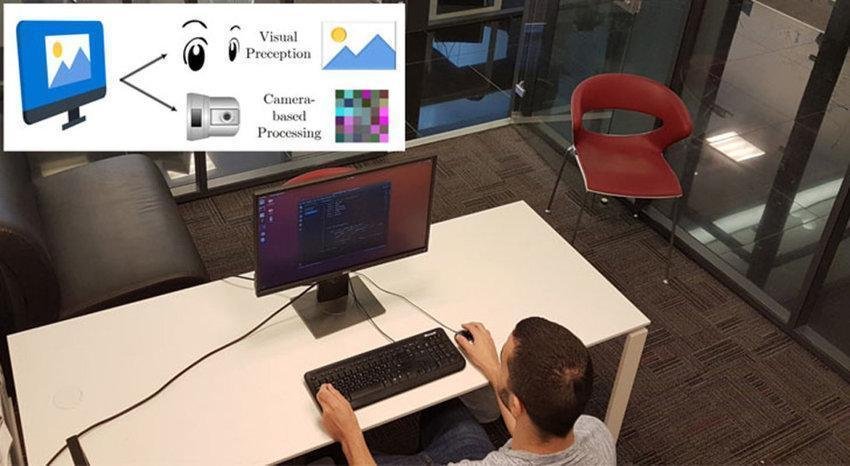A recent one research αποκάλυψε ότι hackers θα μπορούσαν να κλέψουν τα data you by simply monitoring the brightness of your computer screen.

There are a bunch of ways to data collection from computers, without the requirement of a network connection or without the need for hackers to be in front of your computer. Such examples have been reported through of speakersthrough of the fan, through the led of your hard drive, and a bunch of imaginative scenarios.
One such kind of clever hacking it is also through the brightness of the screen. Researchers have found a way to steal data from computers remotely, without connection to the network or other devices, using the brightness of the LCD screen.
This approach lies in subtle changes in the RGB color values of the LCD screen, but which can be detected by a device equipped with a camera. Hackers could, in theory, trick you into loading some malware onto your system and then use nearby cameras security to read this information.
If you've already got up and are looking out the window for cameras aiming at you, calm down. According to research, hackers, in addition to breaking into your computer, should also break into a camera that has direct visual contact with your screen.
As a script it obviously does not suit ordinary users, but it could very well be applied to highly secure computers whose data has enough weight. As for state or industrial espionage. If you are an entrepreneur and your competition is very big and intensely aggressive, then seriously consider removing the cameras that see your computer screens.
See the relevant video below:





